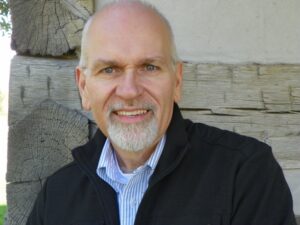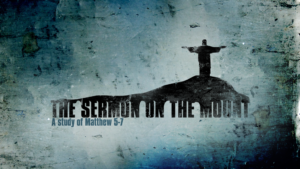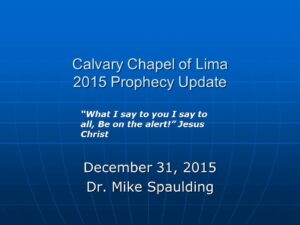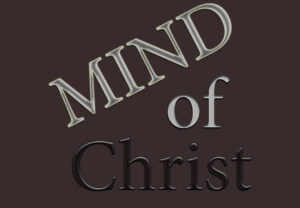I had the blessing and honor to be back on the Prepper Recon show with my friend Mark Goodwin. This is Part One of our conversation focused on getting spiritually in shape for 2016. Spiritual fitness will be your most important prep if you intend to face the dark days ahead. To learn more about being spiritually prepared, listen to Dr. Mike’s archived messages from Calvary Chapel Lima.
Click here to listen.




